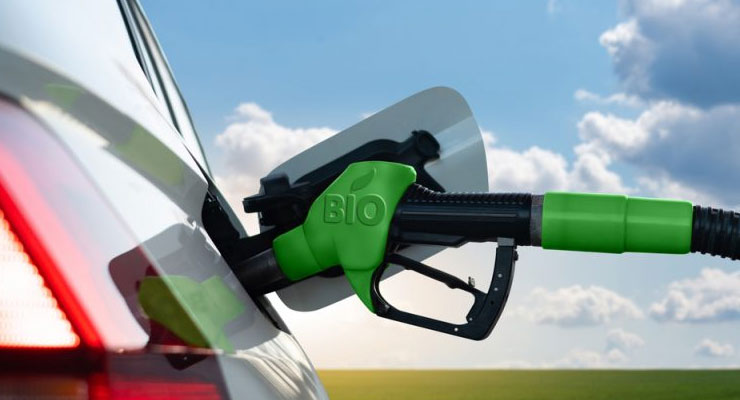
The Environmental Impact and Sustainability of Biofuels: Balancing Progress and Preservation
In a world that grapples with the consequences of climate change and environmental degradation, the quest for sustainable energy solutions has intensified. Biofuels, heralded as a promising alternative to traditional fossil fuels, have emerged as a focal point in the global pursuit of renewable energy sources. Yet, understanding the holistic environmental impact and ensuring the sustainability of biofuel production remains a critical challenge. This article delves into the intricate relationship between biofuel production and its environmental repercussions, emphasizing the need for a comprehensive approach to foster sustainability and mitigate ecological concerns.
Environmental Impact of Biofuel Production and Use:
The environmental impact of biofuel production and utilization extends beyond a mere comparison with conventional fossil fuels. While biofuels offer the potential to reduce greenhouse gas emissions, their overall environmental footprint demands thorough scrutiny. One of the primary concerns is the intensive use of land for cultivating biofuel feedstocks, often leading to deforestation and habitat loss. The cultivation of crops like corn, sugarcane, and soy for biofuel production has raised alarms about land-use change and biodiversity loss, exacerbating the delicate balance of ecosystems.
Additionally, the energy-intensive processes involved in biofuel production, such as planting, harvesting, and conversion, contribute to carbon emissions and can offset the carbon savings initially anticipated. Furthermore, the use of fertilizers and pesticides in crop cultivation can result in water pollution and soil degradation, adding to the intricate web of environmental challenges.
Sustainable Biofuel Production and Ecological Preservation:
Ensuring the sustainability of biofuel production necessitates a multifaceted approach that addresses ecological integrity and social welfare. Implementation of robust regulatory frameworks that prioritize sustainable land management practices is imperative. Encouraging the adoption of agroecological approaches, such as crop rotation, organic farming, and efficient water management, can mitigate the adverse impacts of biofuel crop cultivation on the environment. Collaborative efforts between governments, industries, and local communities are essential to promote responsible land use and prevent deforestation.
Furthermore, the integration of advanced technologies, such as precision farming and genetic engineering, can enhance crop productivity and minimize the ecological footprint of biofuel production. Investing in research and development initiatives focused on optimizing the efficiency of biofuel conversion processes and reducing energy consumption is crucial in fostering environmentally conscious biofuel production practices.
Lifecycle Assessments of Different Biofuels:
Conducting comprehensive lifecycle assessments (LCAs) of different biofuels is vital to discern their environmental viability and potential contribution to greenhouse gas emissions. LCAs facilitate a holistic evaluation of the entire biofuel production chain, encompassing cultivation, processing, distribution, and utilization phases. By analyzing key parameters, including carbon intensity, energy input-output ratios, and land-use changes, LCAs offer insights into the ecological implications of diverse biofuel sources.
Notably, the carbon emissions associated with different biofuel types vary significantly based on feedstock selection, conversion technology, and geographic considerations. While first-generation biofuels derived from food crops often exhibit higher carbon footprints due to land-use changes and indirect emissions, second-generation biofuels, sourced from non-food feedstocks like agricultural residues and algae, demonstrate relatively lower environmental impacts. Furthermore, exploring the potential of third-generation biofuels, such as algae-based biofuels, offers prospects for sustainable energy production without competing with food crops or exacerbating deforestation.
Conclusion:
The intricate relationship between biofuel production and environmental sustainability underscores the critical need for a balanced and proactive approach. Acknowledging the diverse challenges associated with land use, carbon emissions, and ecological integrity is paramount in steering biofuel production towards a sustainable trajectory. Implementing stringent regulatory measures, fostering technological innovation, and promoting responsible land management practices are integral in mitigating the environmental impacts of biofuel production. Embracing a comprehensive perspective that integrates scientific advancements, policy coherence, and community engagement can pave the way for a greener and more sustainable energy future, ensuring that biofuels play a constructive role in the global transition to a low-carbon economy.

0 Comments